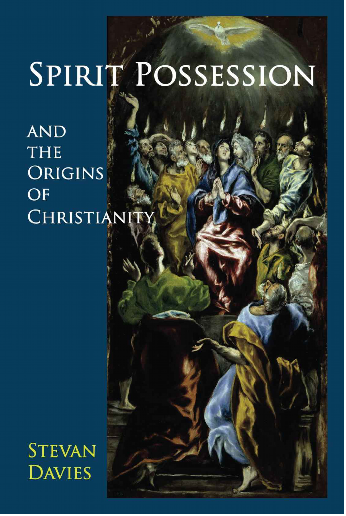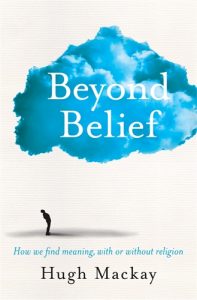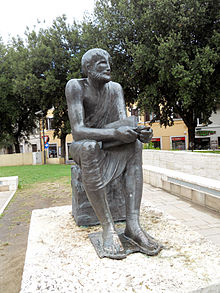 It’s a human thing. Not limited to one religious heritage. I’m talking about the foibles of scholarship as it delves into its own heritage.
It’s a human thing. Not limited to one religious heritage. I’m talking about the foibles of scholarship as it delves into its own heritage.
So we have the language of apologetics being used where it does not belong. Recall a post that detoured into a discussion of confessional language in scholarship. Recall some of the examples of this evangelical rhetoric:
Alas, the idea that a messiah killed by crucifixion . . . . would be shocking to first-century Jews is still alive and well.
. . . .
At the very least, however; Paul’s primary emphasis in relation to Christ represents something utterly remarkable. For Paul had found the early Christian proclamation of the crucified messiah completely abhorrent . . . .
. . . .
. . . . an unprecedented and momentous innovation in traditional Jewish liturgical practice.
And so forth. But Christianity is not alone. The following is found in a Buddhist publication:
It took an astonishing energy and dedication to create and sustain this literature. It must have been produced by an extraordinary historical event. And what could this event be, if not the appearance of a revolutionary spiritual genius? The Buddha’s presence as a living figure in the [early Buddhist texts] is overwhelming and unmistakable.
Then there is this claim attempting to put a study arguing for the authenticity of very early Buddhist texts reliably scientific:
Science works from indirect and inferred evidence and the preponderance of such indirect evidence points to the authenticity of the [early Buddhist texts]
Is that true about the grounds for scientific conclusions? I’m not so sure.
Then we read of the conditions that are laid down for any opposing argument:
Anyone wishing to establish the thesis that the [early Buddhist texts] are inauthentic needs to propose an explanation that accounts for the entire range of evidence in a manner that is at least as simple, natural, and reasonable as the thesis of authenticity. To our knowledge, this has never even been attempted. Rather, sceptics content themselves with picking holes in individual pieces of evidence, which merely distracts from the overall picture, and discourages further inquiry. Their methods have much in common with denialist rhetoric (see section 7.4).
That sounds awfully like an apologist saying that any proposal for Christian origins has to be as simple as the thesis that the disciples of Jesus believed he was the messiah and that he had been resurrected and persuaded others to believe the same. There is a difference between simple and simplistic. Continue reading “Scholars of Christianity are Not Alone”












